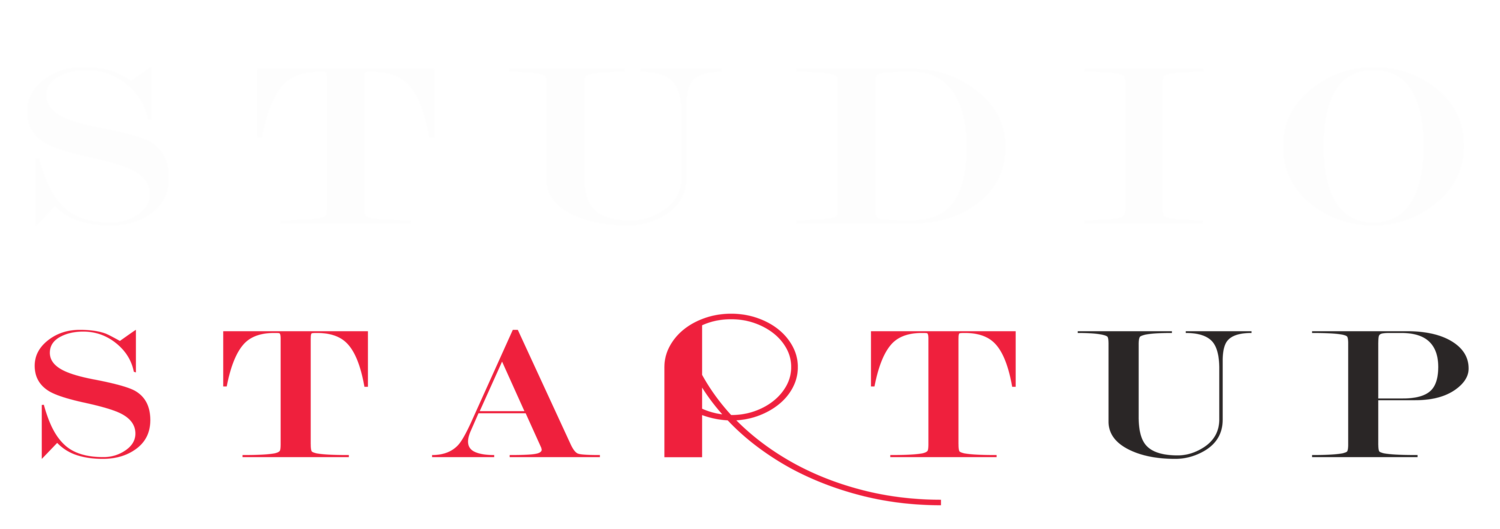I definitely don't enjoy public speaking, but pitching has popped it's head up in everything I do. I've had to pitch screenplays for films, TV commercials, corporate and promo videos. I've had to pitch business ideas and sometimes I have to pitch going on holiday. Mostly it's been at conventions, networking events and company meetings, to build relationships or for revenue.
I'm okay with the informal situations, in conversation style, but when I stand in front of a room full of seasoned investors I can forget my own name. But I go forth and face fear head on. So I take a deep breath and plunge headlong into it.
Saying this, I also try to prepare as best as I can, know my subject, practice and be ready to answer questions.
Following are 10 points I always try to cover, the length varies depending on where, who to and how I'm pitching. Many points should be elaborated on later in a follow up meeting. At first, I'm just trying to peak interest. After researching who I'm pitching to I design the content to suit them. Often, I connect at functions, so I always have an elevator pitch ready.
This is the guide I use
Introduction: One brief and punchy line that introduces my product or service, what it does and who it's for. Make it clear and grab attention
The Problem: What is the problem I am solving and who is it affecting. I talk about how it's causing pain for the end user and give an example as proof
The solution: How my product or service helps solve or alleviate the end users problem
Market: Be realistic, show the potential for growth, use my current traction and multiply it by users over time
Competition: Who is already trying to solve this problem & how is my solution different - more effective. Having competitors means someone else has identified there is a problem. Maybe I can align with them
The Business Model: How will this make money
Marketing plan: What I have already done - how it will grow and change. How will I create growth, what channels will I use, how will I capture new users and what are my targets
Team: What skills, experience, passion and strengths does my team have. How we are improving ourselves - that shows passion, energy and commitment and keeps us up to date with industry
Projections or traction: Here I mention any metrics gathered, partnerships, customers, KPI's hit, growth or revenue already made, or beliefs I have based on current industry research
The Ask: Explain what's needed to move forward and how it will be used it to reach the project's potential
On a slide deck, I put a few key words on each slide. The real content is for me to tell, so the investors can understand my vision and get to know me, also to prove that I know my stuff.
I learned the importance of these points during the Fusion Founder Program, a Tech Start-Up program, run by Atomic Sky in Perth.
I hope it's helpful to you and good luck!



